Self-Employed and Business Matters Lawyers in Vancouver
When negotiating a settlement, factors such as self-employment and business ownership contribute to the complexity of a couple’s individual financial status. We can help make sure you’re treated fairly by taking all factors into consideration, including taxes.
Self-Employed and Business Matters
The starting point in determining a person’s income is Line 150 from their most recent income tax returns. For self-employed individuals, Line 150 is often adjusted when calculating support payments to truly account for total monetary benefits received.
Due to the variable nature of self-employment income, professional valuations are crucial. The same can be said for business valuations. Relevant financial documents often rely on self-report—forensic accounting experts may be called upon when necessary.
The value of businesses are typically divided equally between parties. A number of strategies can be relied upon to mitigate costly tax implications or liquidation. Consult a family lawyer for guidance.
